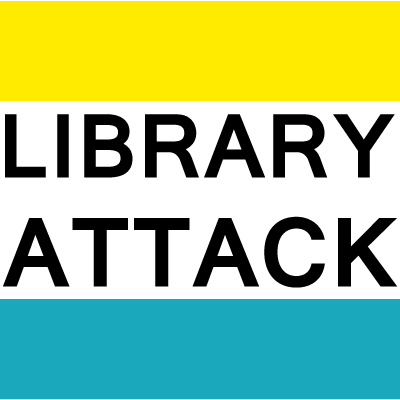
On Monday UC-AFT Unit 17 Librarians ratified a tentative agreement on a new contract with UC. I’ve talked about the contract campaign a lot on here, social media, and the local media. Also on Monday, UC issued a proposed new policy on academic freedom for non-faculty academic appointees – librarians, researchers, clinicians, and more. This came about partially because UC-AFT raised the issue in bargaining, and it became clear that all non-faculty academics needed some process for adjudicating issues around academic freedom. The proposed policy does that. (And yet another example of union power… kind of…)
Last night I went to a discussion about academic freedom with Joan Scott, who spoke about her book Knowledge, Power and Academic Freedom, Hank Reichman, who spoke about his brand new book The Future of Academic Freedom, Wendy Brown (tenured faculty), Khalid Kadir (contingent faculty) and I-Wei Wang (librarian and a member of the UC-AFT Unit 17 table team). It was a very interesting discussion that imparted a sense of action and urgency – academic freedom will only exist if we continue to fight for and defend it. Particularly as the notion of the public good has eroded over time, and the creation of knowledge is measured and valued in economic terms.
I flew to Philadelphia today to attend a meeting, and I took the opportunity on the flight to read Scott’s book. It’s a very tight collection of essays exploring the history and different facets of academic freedom, and what it means in today’s Trumpian world. It’s clear that the more things change in this regard, the more they stay the same. The essay about academic freedom and the state (Chapter 4) resonated with me the most, because it touched upon many topics that I’ve been particularly concerned with, given the tension between research in academic settings and funders, and how that influences the production of knowledge. Academic freedom is supposed to reflect the separation of academia from the state (funders). One of the early examples of academic freedom Scott presents is that of Edward Ross at Stanford in 1900 – who was fired for making remarks criticizing the practice of importing workers from China and calling for the municipalization of the railroads. Leland Stanford, who started the university and was at one point a governor of California, made his fortune building railroads in the western United States with cheap Chinese labor. Ross’ comments were too much for Stanford’s widow Jane, who called for his resignation. He was fired, faculty protested and this eventually lead to the creation of the AAUP. I use this example to show how long this has been happening (and also because people who know me, know I despise the legacy of Leland Stanford and the Big Four).
Another, more recent example is that of Angela Davis at UCLA in 1969 (as pictured above). She was a member of the Communist Party, and then Governor Reagan urged the UC Regents to fire her and they did. Students and faculty protested, citing a violation of academic freedom. There was a lawsuit. She was allowed to teach a few classes in the 69-70 academic year. I think this part of her story is usually obscured by what came next. This example hits close to home because it is the UC Regents interfering at the request of the governor (particularly one who actively tried to dismantle the growth of UC under Brown/Kerr!), something that worries me still.
And given today’s state of public higher education and research, and the lack of autonomy for academia because state funding comes with clear and explicit strings, it’s hard to see how academic freedom isn’t being defined and dictated by the state. Knowledge production is regarded as a means to the end of productivity. Students are in school to get jobs, to feed back into the economy. Research is measured by its impact in society, but largely that impact can be distilled into economic factors. (But also remember, Thatcher famously said “there’s no such thing as society“.) Inquiry, research, critical thinking, and the collective notion of the public good are becoming after thoughts to the neoliberal need to have an ROI. This is evident by the politicization of research topics, and became very clear how high the stakes were during the transition from Obama to Trump. Many federally funded programs and projects looking at ways to protect the environment, moving to clean energy, were soon gutted. Programs had to shift their focus, not because the facts and science called for it. No. It was because that was how they could get funding from those programs. Funding they desperately need since guaranteed, baseline state funding doesn’t really exist anymore. This makes me think that despite the new UC proposed policy, academic researchers will never really have academic freedom as long as they need to keep pleasing funders with an eye on the next grant. I’m not arguing that there should be no accountability in how public money is spent on research, but that it shouldn’t be focused on bottom line ROI with the greater good as an after thought (if it’s mentioned at all).
But I don’t think this is really news to anybody. It’s important to keep that in your mind as we all fight for scraps.
I’m going to read Reichman’s book tomorrow on my flight home, so expect another post next week.

Leave a Reply